From 2026, the Tax sector plans to classify business households and individuals based on revenue to apply management methods. These contents will be reflected in the Law on Tax Administration (amended) expected to be submitted to the National Assembly for approval at the 10th Session (October 2025). The goal is to collect correctly and fully, not creating a burden but still preventing revenue loss and creating a healthy competitive environment.
Divide business households into 4 tax management groups
Sharing at the regular press conference of the second quarter of 2025, Mr. Mai Son, Deputy Director of the Tax Department ( Ministry of Finance ) said that on June 26, the Tax Department issued a document to solicit public opinions on the Draft Law on Tax Administration, including a proposal to eliminate lump-sum tax from January 1, 2026, according to Resolution 68 on private economic development.
The abolition of lump-sum tax aims to make business activities more transparent, reduce the gap between business households and enterprises, and ensure fairness for salaried workers. In fact, many small businesses such as shops and traditional markets have revenues below or just above the tax threshold, while still paying fixed lump-sum tax.
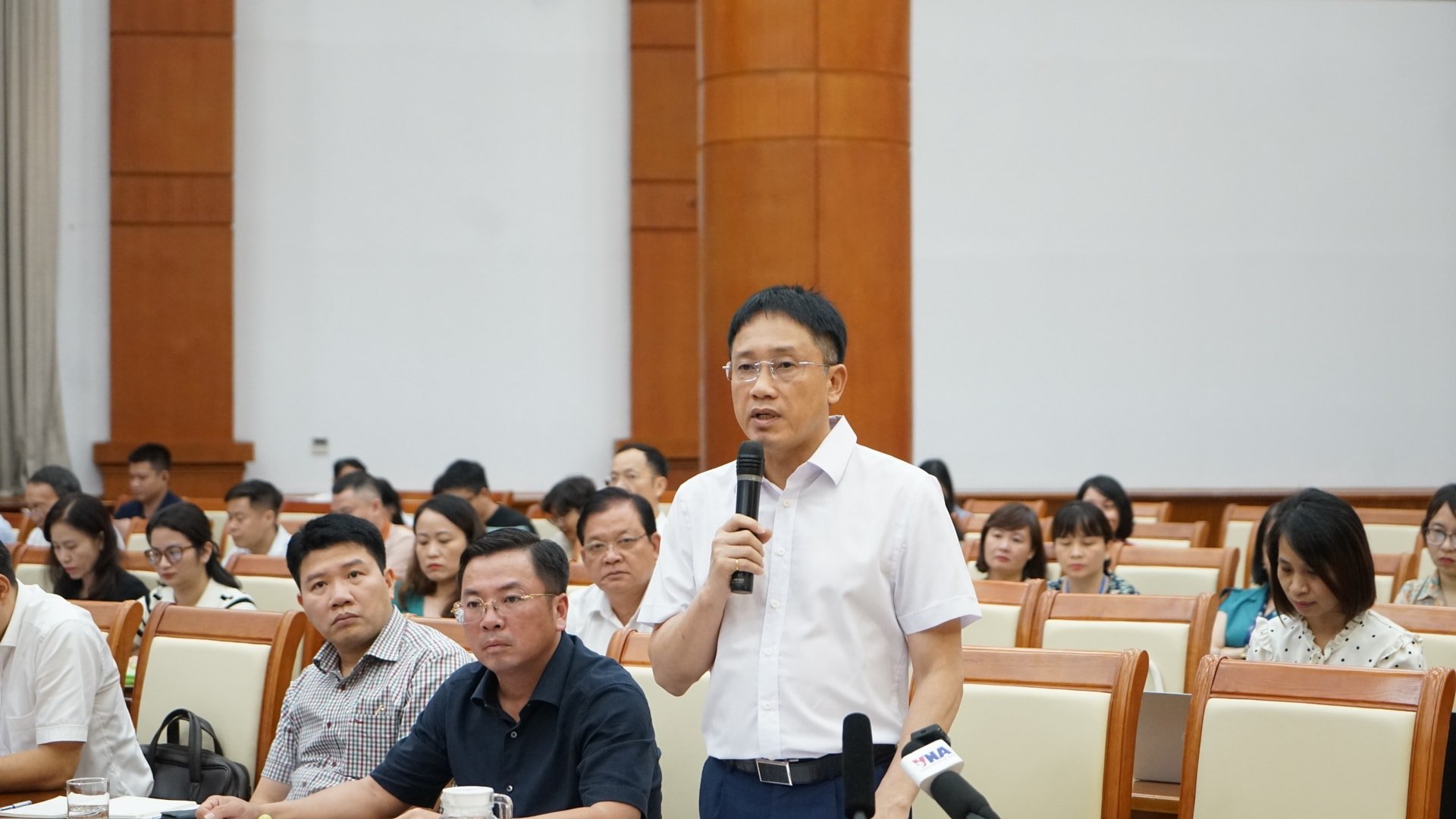
To replace lump-sum tax, the Draft Law on Tax Administration plans to divide business households and individuals into 4 revenue groups, applying different management methods.
In which: Group 1 is expected to include household and individuals doing business with revenue below the taxable threshold, that is, under 200 million VND/year, applied from 2026. Group 2 is household and individuals doing business with revenue from 200 million VND to under 1 billion VND/year.
Group 3 is households and individuals doing business in the fields of agriculture , industry, construction with revenue of 1 - 3 billion VND/year and the fields of trade and services with revenue of 1 - 10 billion VND/year. And group 4, has revenue of over 10 billion VND.
Mr. Mai Son said that groups 1 and 2 are encouraged to use electronic invoices after the tax is abolished. Of which, group 2 is expected to have a roadmap to apply electronic invoices with tax authority codes or electronic invoices generated from cash registers from 2027 - 2028. These two groups are expected to be proposed to only have to use very simple accounting books to record revenues and expenditures according to the form (software) of the Ministry of Finance.
Group 3 and Group 4 are required to use electronic invoices with tax authority codes or electronic invoices generated from cash registers when retailing goods and services. Group 3 is expected to implement a simple accounting regime. Group 4 is expected to implement accounting regimes as prescribed for small and medium enterprises.
In addition, the Tax Department is arguing to increase the threshold of non-taxable revenue from VND200 million to at least VND400 million/year to suit reality, and at the same time adjust the personal income tax (PIT) rate for each group.
Flexible tax application for small businesses to avoid budget loss
According to Deputy Director Mai Son, the above contents are only tentative. During the implementation process from now until 2026, based on the comments of taxpayers, tax consultation associations, and instructions from authoritative authorities, the Tax Department will coordinate with units under the Ministry of Finance (Department of Tax Policy Management Supervision, Fees and Charges, Department of Accounting and Auditing Supervision, Department of Private Enterprise Development and Collective Economy, etc.) to report to the Ministry of Finance to report to actual competent authorities to prescribe the tax rate/rate as well as tax declaration methods suitable to the business activities of business households and individuals; suitable to the digital transformation roadmap to make tax management for business households and individuals transparent by combining policies and technology.
These contents will be reflected in the Law on Tax Administration (amended) expected to be submitted to the National Assembly for approval at the 10th Session (October 2025). The goal is to collect correctly and fully, not creating a burden but still preventing revenue loss and creating a healthy competitive environment.
Deputy Director of the Tax Department Mai Son said that the Tax Department and the Department of Private Enterprise and Collective Economy Development (Ministry of Finance) will also study and perfect the concept of "business household" in the new context, converting it into "individual business" to conform to international practices. This content will be amended and supplemented in the Enterprise Law.
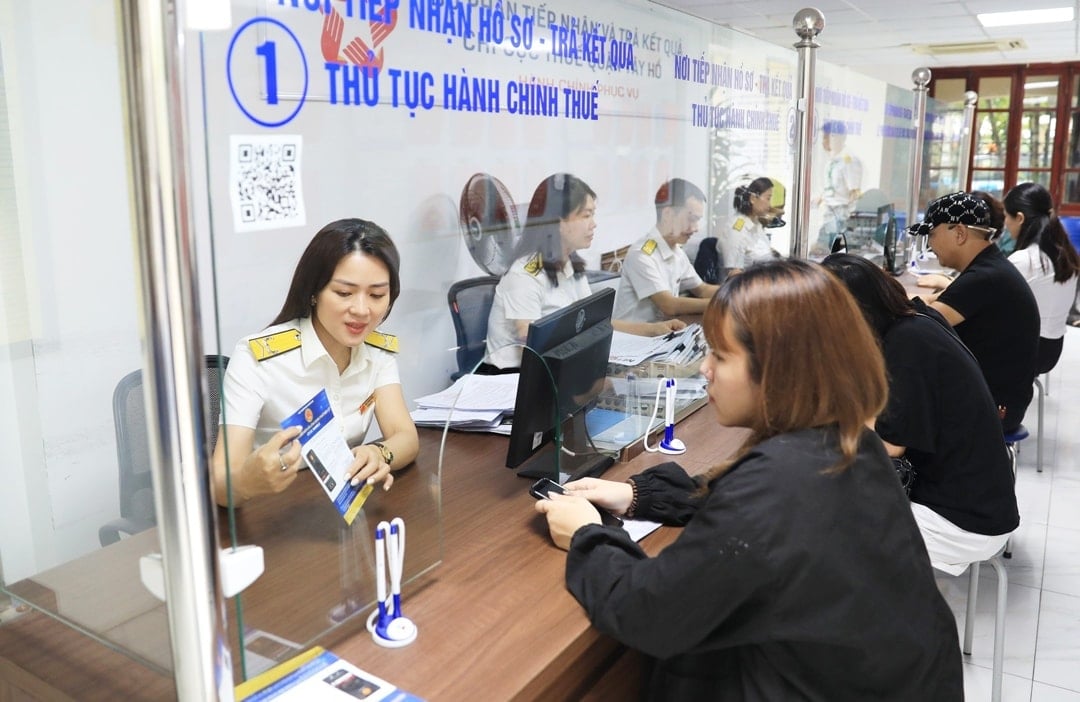
According to the Ministry of Finance, Vietnam currently has more than 5.2 million business households, creating about 8-9 million jobs. Of these, 3.6 million households are under tax management, collecting nearly 26,000 billion VND in budget revenue each year. Notably, statistics show that there are more than 4,000 business household with revenue of over 10 billion VND/year, of which 860 household have revenue of 30 billion VND, 5 household have revenue of over 200 billion VND/year - equivalent to medium-sized enterprises.
This shows great room for the tax sector to tighten management, encourage revenue transparency, apply digital technology, and limit revenue loss.
Deputy Director Mai Son affirmed: "This change will help business households get acquainted with electronic invoices, manage revenue and expenditure transparently, save time and costs. The new contents are only tentative, the Tax Department will continue to collect opinions from people, associations, and experts to complete the management framework, report to the Ministry of Finance, and submit to competent authorities for promulgation."
Starting in 2026, lump-sum tax – a tax collection method applied to business households for many years – will be officially abolished. The classification of business household by revenue, the application of electronic invoices and new accounting books are major changes that business people need to pay attention to.
 | Solving problems for business households when tax is abolished. Flexible policies and support for conversion are needed.The abolition of lump-sum tax for individual business households is considered an important step in reforming the tax system to promote transparency and fairness. However, if the transition is not carried out in a reasonable and synchronous manner, it can unintentionally become a barrier that reduces the motivation of millions of small-scale production and business household across the country. |
Source: https://baolamdong.vn/bo-thue-khoan-du-kien-chia-ho-ca-nhan-lanh-doanh-thanh-4-nhom-doanh-thu-de-quan-ly-378904.html











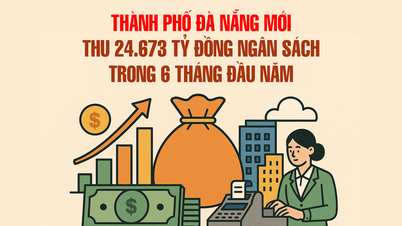











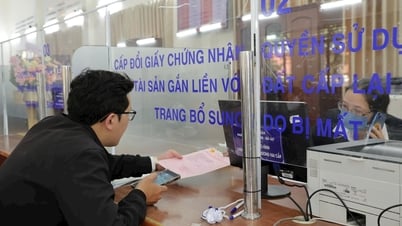









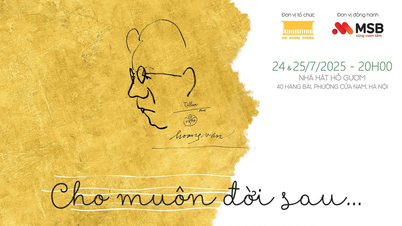
































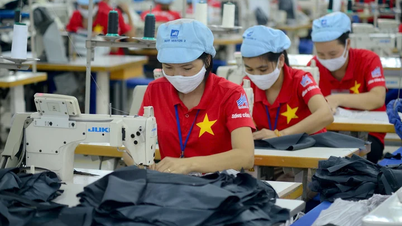


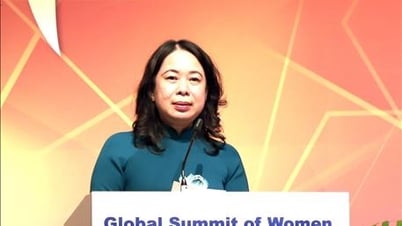










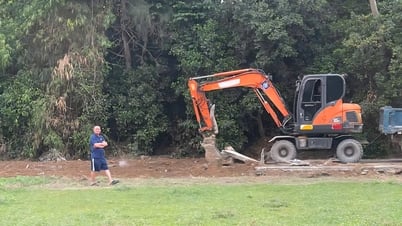







![[OCOP REVIEW] Bay Quyen sticky rice cake: A hometown specialty that has reached new heights thanks to its brand reputation](https://vphoto.vietnam.vn/thumb/402x226/vietnam/resource/IMAGE/2025/7/3/1a7e35c028bf46199ee1ec6b3ba0069e)









Comment (0)